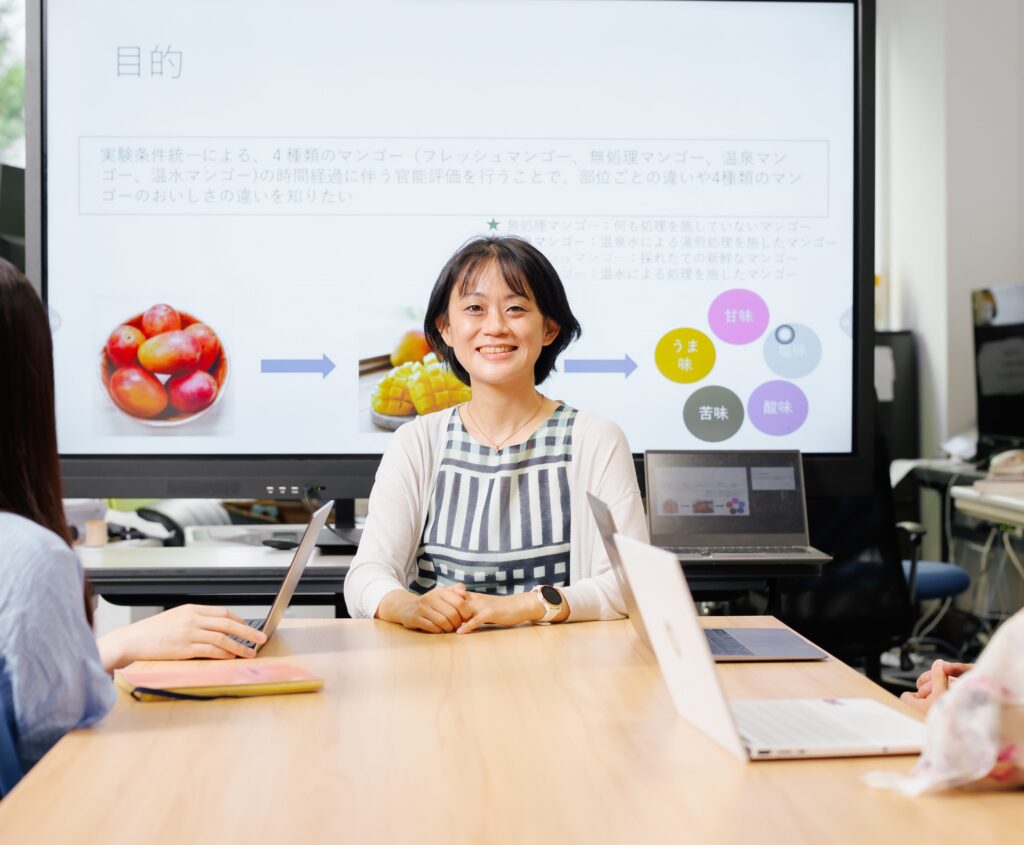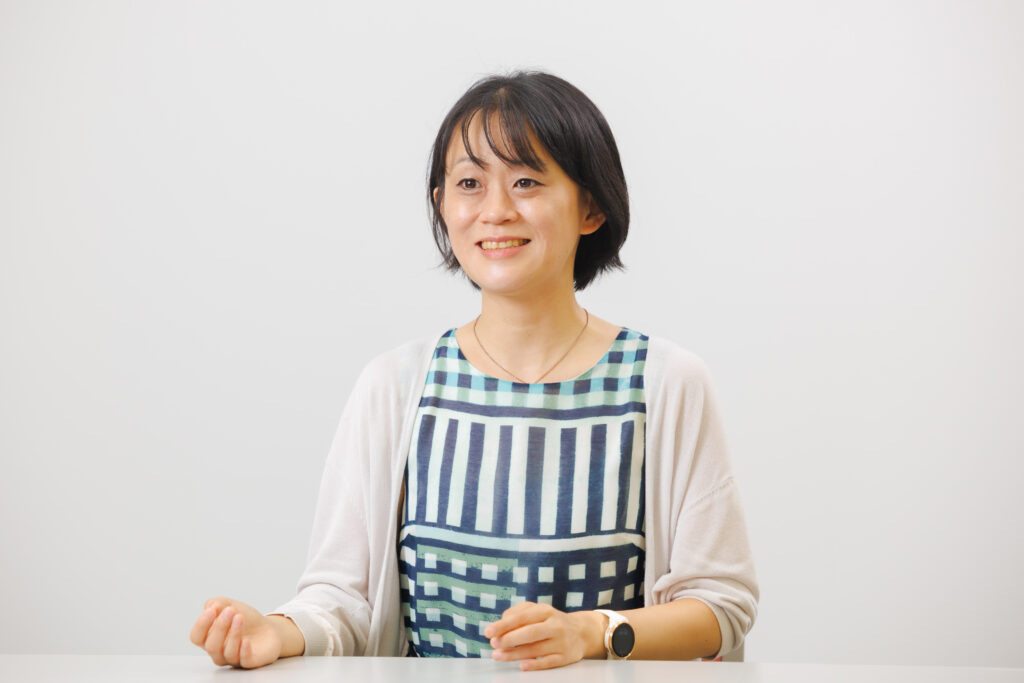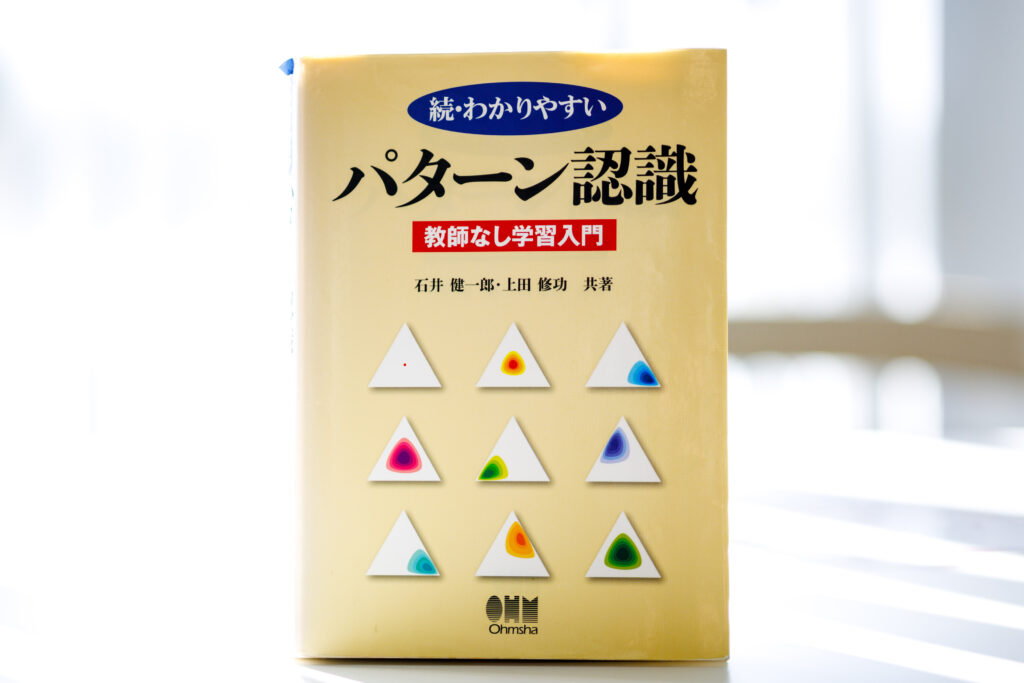
Professor Haruka Yamashita from the Faculty of Science and Technology specializes in social system engineering. Using methods such as statistical analysis and machine learning, she works to solve various issues faced by companies. She talks about the charm of data analysis, which contributes toward improving the quality of products and services.
One method of evaluating new products is sensory testing using the five senses. If the product being evaluated is a food, the inspector eats an actual sample to confirm its taste, texture, chewiness, and such. This method uses a customer perspective to evaluate factors that are difficult to assess using machines.
Needless to say, the more inspectors there are, the closer we can get to an assessment with high confidence. However, with the COVID-19 pandemic making it difficult to gather many inspectors at one location, my laboratory has been working on using statistical methods to obtain high-quality information with a small number of inspectors.
Analytical method to effectively evaluate the deliciousness of mangoes

I embarked on research about effectively evaluating the deliciousness of mangoes due to a request from Tokyo University of Agriculture and farmers in Miyakojima. They wanted to evaluate the hot spring mango developed through their joint research. They were able to achieve a composition that was on par with mangoes of superior quality, but they wanted to know if it was truly delicious.
To evaluate the deliciousness of mangoes from a customer perspective using sensory testing, during the COVID-19 pandemic, it was necessary to carry out testing with as few inspectors as possible. A key point in limiting the number of inspectors is to conduct surveys beforehand to make sure that there is no bias in the characteristics of inspectors.
For example, regarding the amount willing to pay for a mango, if two or more persons reply with the same amount, we narrow this down to one person. Instead of getting all inspectors to evaluate several items such as sweetness and sourness, one inspector will evaluate sweetness only, while another looks at sourness alone. We are developing the necessary data analysis method that allows changing the way of sensory testing in this manner to obtain high-quality information.
Data analysis methods that address issues of companies also contribute to academia
The same approach can also be applied to marketing. For example, let’s say we want to analyze the purchase and viewing history of customers using an online shopping site to optimize the kind of coupons and samples to be sent to customers. This is fundamentally the same issue as wanting to obtain high-quality information with a small number of inspectors.
Even so, the amount of data for the online shopping site is enormous with complex data structures. Therefore, the same data analysis method cannot be used. With methods used in manufacturing quality control and experiment design as the base, we make modifications using the latest artificial intelligence technologies—such as machine learning—when existing methods cannot be applied.
Our research is closely related to the issues faced by companies. I find it interesting that, in solving corporate issues, we often create academically new analysis methods and widen the application scope of research. Companies will continue to face issues, which also means that we will never run out of research themes to work on.
My goal is to use the power of data analysis to create a better world, even if only by a little. While drastic changes may be difficult, I hope to build a more convenient and appealing society, bit by bit. Therefore, I also hope to upgrade myself.
The book I recommend
“Zoku: Wakariyasui Patān Ninshiki—Kyoshi Nashi Gakushū Nyūmon”(Sequel: Introduction to Pattern Recognition—Beginner’s Guide for Unsupervised Learning)
by Kenichiro Ishii and Naonori Ueda, Ohmsha

This book consolidates the basic knowledge necessary for voice and image processing as well as big data analysis. It was a required reading for a study group during my time as a graduate student. After being asked several times by senior students about what the author wanted to convey, I realized the importance of intensive reading.
-
Haruka Yamashita
- Associate Professor
Department of Information and Communication Sciences
Faculty of Science and Technology
- Associate Professor
-
Graduated from the Department of Industrial Administration, Faculty of Science and Technology, Tokyo University of Science, and received her Ph.D. in Engineering after graduating from the School of Science for Open and Environmental Systems, Graduate School of Science and Technology, Keio University. Took on various positions—such as research associate at the Department of Industrial and Management Systems Engineering, Faculty of Science and Engineering, Waseda University and assistant professor at the Department of Information and Communication Sciences, Faculty of Science and Technology, Sophia University—before assuming her current position in 2022.
- Department of Information and Communication Science
Interviewed: September 2022